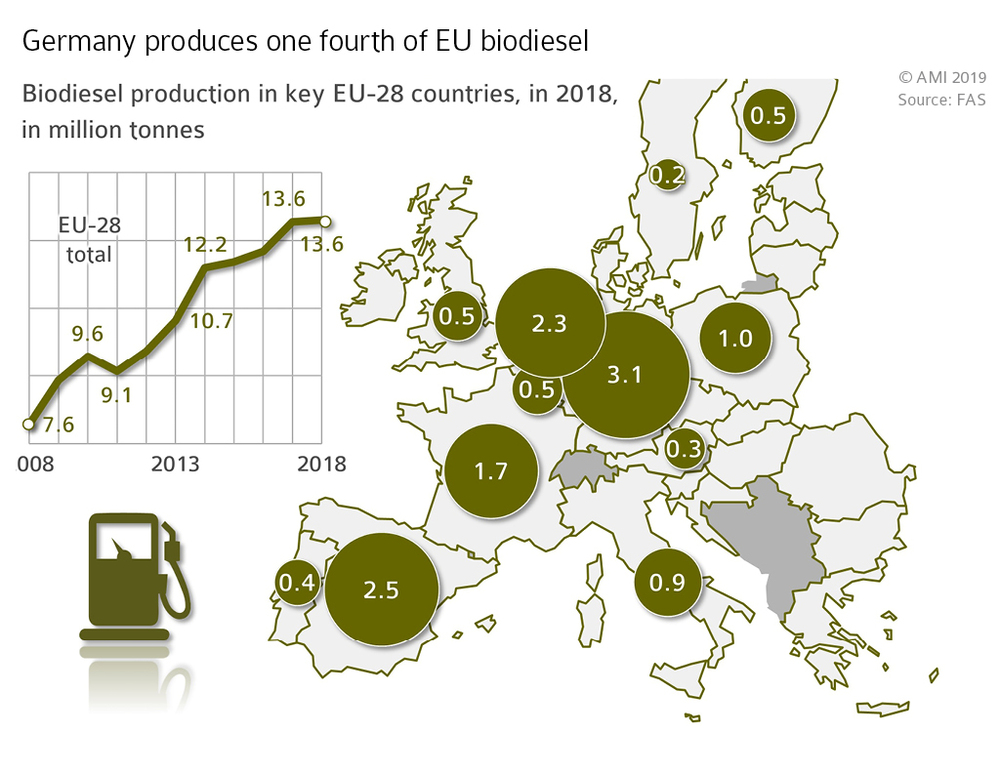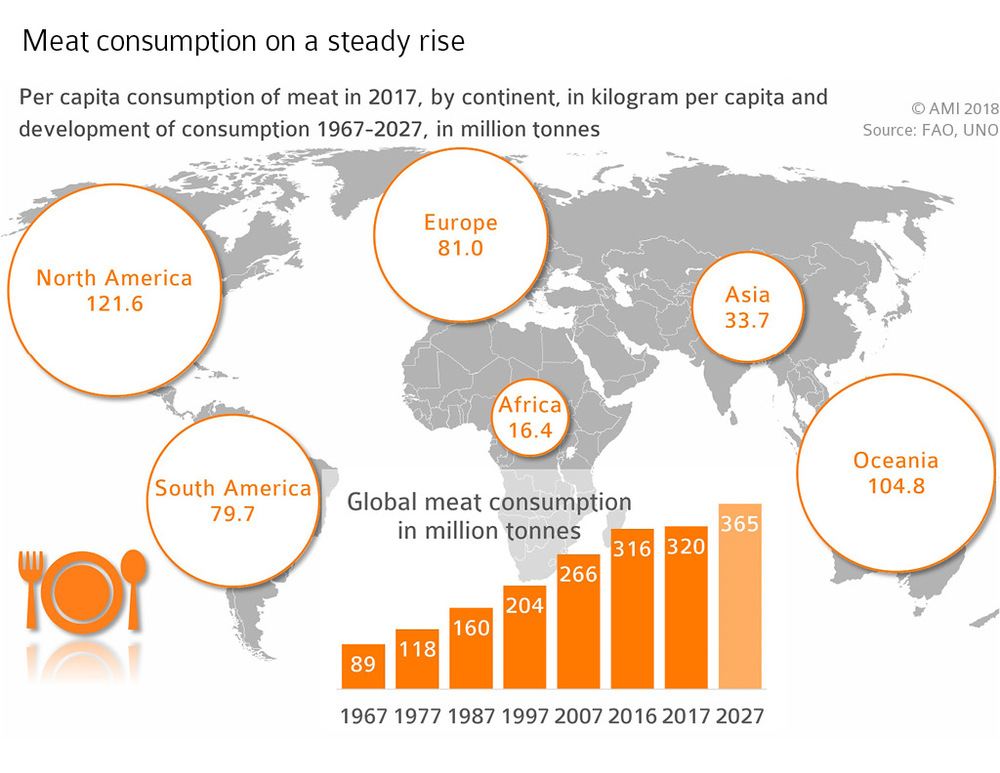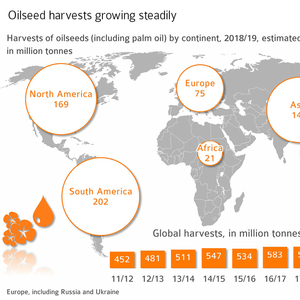Sustainable biofuels from crops must be part of EU”s “Green Deal”




February 10, 2020
BY UFOP
European agriculture urgently needs reliable sales alternatives to stabilize its agricultural revenue. This is one of the central concerns of farmers in the European Union are currently taking to the streets. The “Green Deal” announced by the European Commission could and should create the necessary “impulse” in this matter. Sustainable biofuels from cultivated biomass need to be a part of the overall strategy toward the decarbonization of the agricultural and transport sectors. Wolfgang Vogel, chairman of UFOP, emphasized this in a letter to members of the European Parliament, introducing the UFOP’s “Report on Global Market Supply 2019/2020.”
The UFOP designed this report a few years ago in order to provide facts and figures to counter the recurrent—and usually emotionally driven—discussion on “food vs. fuel.” The data presented in the report provided clear results. According to the report, even considering the quantities required for biofuel production, sufficient quantities are available globally to combat hunger. According to the UFOP chairman, there is no reason why rapeseed, grain, sugar beet and others cannot be used as raw materials for biofuel production. On the contrary, these constitute an important sales channel and would significantly contribute toward the stabilization of agricultural revenue.
Advertisement
Advertisement
Forcing market access for fuels from residual materials such as cereal straw with separate quota obligations is not an option, the report claims. This carbon belongs in the soil for humus formation as a contribution to soil improvement and climate protection. The EU should instead look at global market surpluses as a cause for rising price and revenue pressure. On the one hand, the requirements for fertilization and plant protection are increasing; on the other, European arable farming will be exposed to competition from large farms in North and South America. As a result of this “market policy,” Vogel stressed that farmers in developing countries equally lose out, given that they also need appropriate producer prices.
Governments in Indonesia, Argentina, Brazil and the U.S. supported their producers with higher blending quotas for biofuels. Furthermore, those countries were making their way onto the EU market. The Indonesian government has announced that it intends to prevent the phasing out of biofuels made from palm oil, which will begin in the EU beginning in 2024. In the coming months, the EU could demonstrate just how important it considers the sustainable production of agricultural raw materials in Europe to be.
The UFOP demands an appropriate and sustainable biofuel strategy. The “food vs. fuel” discussion is a dead end, as it should be consistently pursued for all possible applications of products made from renewable raw materials. In this case, not only biofuels, but a significant part of the bioeconomic strategy would be “dead.” For the UFOP, the early revision of RED II announced by the European Commission is a possible solution. The system limits for greenhouse gas accounting would have to be reconsidered and also applied to material use. Vogel cited the example of rapeseed meal. This GMO-free protein animal feed must be taken into account in the greenhouse gas balance, given its substitution effects. These are brought about because the cultivation of rapeseed for use in biofuels, with the supply of the coproduct protein feed, reduces the corresponding import requirement of soya as well as land requirements in other regions. At any rate, the area under cultivation in the EU is limited by crop rotation restrictions and environmental measures under regulatory law. As such, the extent of cultivation could be said to be self-regulating.
Advertisement
Advertisement
Related Stories
The USDA on April 14 announced the cancellation of its Partnerships for Climate-Smart Commodities program. Select projects that meet certain requirements may continue under a new Advancing Markets for Producers initiative.
The governors of Iowa, Nebraska, South Dakota and Missouri on April 10 sent a letter to U.S. EPA Administrator Lee Zeldin urging the agency to set higher Renewable Fuel Standard renewable volume obligations (RVOs).
President Donald Trump on April 8 issued an executive order that aims to protect oil, natural gas, coal, hydropower, geothermal, biofuel, critical mineral, and nuclear energy resources from state overreach.
Growth Energy, Clean Fuels respond to oil industry in case pushing EPA to reallocate lost biofuel gallons
Growth Energy and Clean Fuels Alliance America on April 14 filed a reply brief in a case challenging the U.S. EPA for its failure to reallocate gallons lost due to SREs granted after RVOs have been issued under the Renewable Fuel Standard.
The USDA reduced its outlook for 2024-’25 soybean oil use in biofuel production in its latest World Agricultural Supply and Demand Estimates report, released April 10. The outlook for soybean oil pricing was revised up.
Upcoming Events










